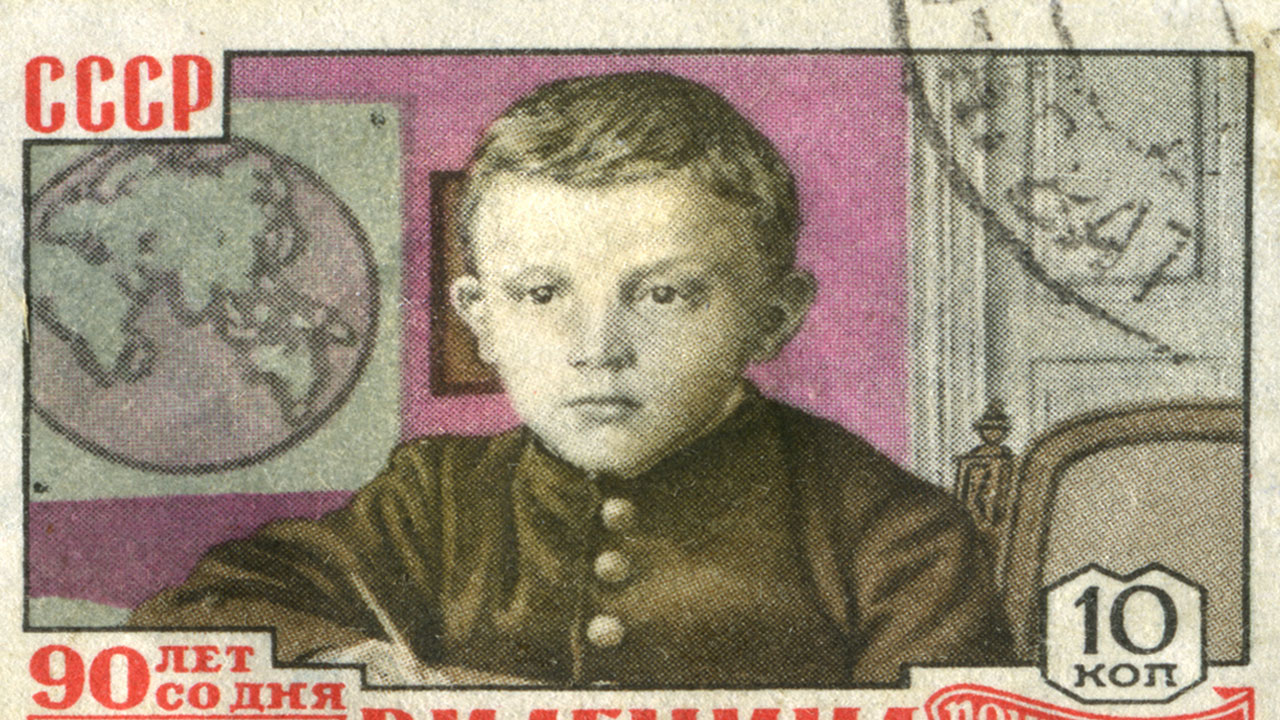When I was a kid, nothing made me more upset than when something happened that was blatantly unfair.
I’m sure any adult who was once a kid (especially those with siblings) can relate: brother punches sister, sister punches brother back—in self-defense!—mother turns to see sister punching brother, and both children get punished.
Such flagrant abuses of justice burned me up when I was a kid, and they still do.
It’s natural for children to invent their own rules based on a hierarchy and sense of fairness that’s obvious to all who ride the bus, gather on the playground, play at home, etc. But grown-ups, in general, regard these rules as silly and dismiss them outright—and the little people’s intrinsic sense of righteousness along with them.
Eventually, of course, children outgrow their innate affinity for honesty and logical methodology and surrender to the idiotic methods of doing things imposed on them by adults who “know better.” This reality may help to explain the disturbingly high level of support Millennials have shown for unabashed socialists like Bernie Sanders and Alexandria Ocasio-Cortez.
Consider, though, how well the simple and sensible systems children develop do work: Bobby wants to be first at bat when recess commences. So does Jimmy. Bobby and Jimmy race to home plate. Bobby wins, so Bobby bats first.
It’s a straight-forward routine all children accept and respect. But then the grown-ups see what’s going on and get involved, and it’s game-over, literally. It’s “not fair” that Bobby wins every day and no one else ever gets to bat first. So, the adults institute a rule that everyone gets a turn to bat first. As a result, Bobby loses his enthusiasm and pride for running fast, Jimmy is stripped of his incentive for striving for increased speed, and the other kids, deprived of the thrill of competition, are lulled into an empathetic stupor.
Such are the consequences of socialism—a form of governing that forces us all to relive the most aggravating experiences of our youths.
Remember how fuming you would be when, in the name of “fairness,” your teacher would discipline the entire class because that one kid wouldn’t stop talking? “The equal sharing of miseries” indeed! Or how frustrating it was that everyone in your group project received an “A” grade, despite the fact that you were the one who did 90 percent of the work?
Politically correct sports were big when I was growing up, and they were not fun. I once played in a soccer league that outlawed goalies because they were “mean” and gave teams with players possessed of remarkable height and girth an “unfair” advantage. My parents were the only ones who elected not to bestow one of my brothers a reward when his team came in dead-last in a tournament. He didn’t deserve it, they reasoned. The rest of the parents gave their kids feel-good, participation trophies, the meaninglessness of which, it’s safe to say, the kids themselves could see from a mile away. When everyone is “special,” no one is special.
My twin brother, Christian, recently recalled to me his first encounter with socialism, and his ensuing shock and utter disgust at being the victim of the repulsive practice.
Christian had worked hard at a parade collecting handfuls of his favorite candy. A “friend” had slacked during the parade and gathered not even a quarter of the amount of candy he had. When the boys arrived home, they agreed to compare their loot, and so poured the bag of candy out on the floor with the intention, Christian thought, of “trading.” Without warning, the less industrious boy of the two suddenly mixed the entire candy collection together, and said, “Let’s just split it evenly.” His friend had apparently discovered—as all Millennials reared in the era of self-esteem did—that adults regulating everything makes the moral of The Little Red Hen bunk.
“I ended up with less of someone else’s candy diluting my carefully curated assortment,” Christian recalled—bitter, still to this day.
The innocence of children keeps them honest, and their honesty makes them clear-headed. Free from corruption, they have no reason not to pursue the obvious path circumstances they observe direct them to follow. Certainly not every childish inclination is worth imitating—a diet consisting exclusively of Skittles, for instance—but that’s not to say our natural, somewhat selfish tendencies can’t and shouldn’t be used for the benefit of all.
What lesson, for instance, did Christian and his (likely now former) friend learn from the forced redistribution of parade candy? Christian was taught that hard work does not pay, and that he ought not to bother next time. Artificial egalitarianism is maddeningly unfair, defeating, counter-productive, and frightfully boring.
Children become acquainted with the ills of socialism from an early age. How is it that we forget them so easily?
PHOTO: Photo from iStock user marlenka.
Teresa Mull is editor of Gunpowder Magazine and a research fellow for The Henry Dearborn Institute for Liberty, an association of free-market, pro-liberty academics, commentators, and professionals. Mull is also opinion editor at The Heartland Institute. Contact her at teresa@gunpowdermagazine.com.






